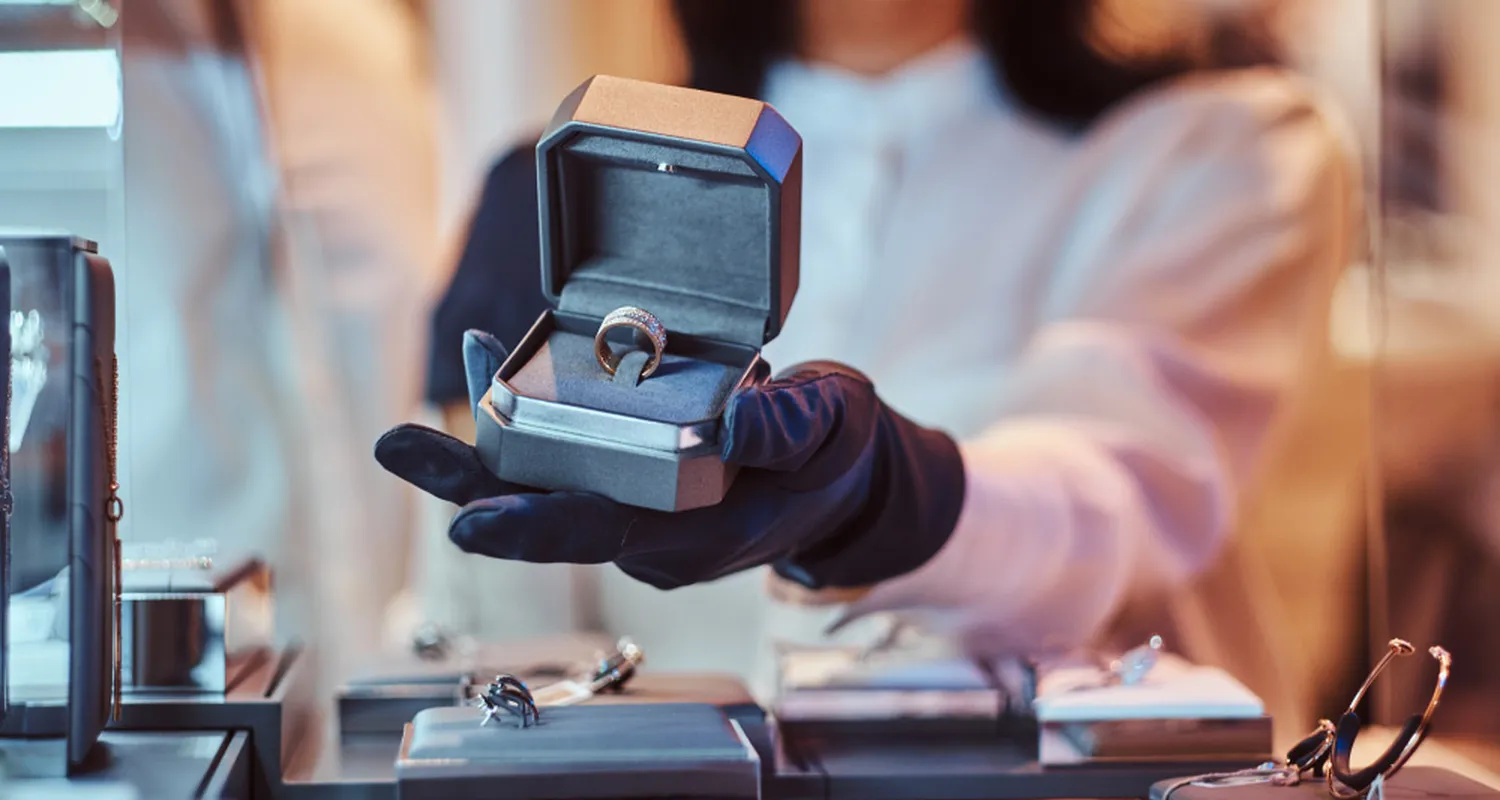Travel bans, lockdowns and remote working
Internally, the restriction on international travel has hampered work in luxury retail. A lot has been accomplished remotely, but speakers were truly looking forward to be able to travel to visit prospects together with clients. When it comes to the investment of billions of dollars, building that type of business relationship and partnership is impossible remotely.
The younger generation, however, seemed more comfortable with working from home and appreciated having more freedom and flexibility in their work-life balance. The world is getting smaller, and flatter. Covid has accelerated that transition from a regular employee arriving at an office building in a suit and tie, which was typical 20 to 30 years ago but is fast being replaced. In 30 years' time, it could be ancient history as people become more comfortable working from home. And technology such as Zoom etc. is making that possible.
So working from home is going to be something that global companies will need to embrace. Google has already done it. One speaker pointed out that Google had given each employee $1,000 to buy furniture to allow them to work from home. So they're encouraging it, and then you can start paying out less money and employ consultants instead. There are even portals right now where you can hire people to do certain specific jobs via a digital platform. One CEO said his company was embracing that change rather than resisting it.
Not just the paycheck
Our Scandinavian speaker pointed out that many Nordic millennials wanted not just a paycheck, but a sense of purpose from the company. The company culture and the possibilities of self-growth were vital, she said. Another very important aspect in Scandinavia was self-management. Younger employees don't like having bosses, somebody who just looks over their shoulder and gives them orders. Rather a system of coaching and mentoring to develop strengths was more valued. As for working from home, well it can backfire if it is not addressed in the right way, especially if the separation between home life and work life is not respected.
Egyptian sustainability out of necessity
Other countries, the panel heard, were sustainable out of necessity rather than ideology. Egypt, for example, is a very poor country which has never had the luxury of waste. It's sustainable by nature, out of need and necessity. The problem of over-consumption of luxury brands did not actually exist there, which was certainly an advantage.
However, today's millennials – whether in Egypt or Estonia – were increasingly connected. They speak the same language, and are all demanding the same from the brand, wherever they are.
Getting the customer back through the door
Speakers told the panel that most luxury brands retailers were implementing all the safety measures, and in fact, the threats to the industry were not necessarily all related to Covid. Other global threats were just as damaging, such as the trade war and the tariffs - especially those put in place by the US government on goods from the European Union and China.
Policy changes in some International markets – VAT in Saudi Arabia, lowering taxes for luxury goods in China that makes it less interesting for Chinese consumers to go to Europe and buy from luxury retailers there. As well as the historical reliance on tourists, which has taken a heavy hit and won't recover until the global tourism industry recovers. So the next five years could be a challenging time for the luxury brand sector – especially those that rely heavily on tourism. But once all these challenges are overcome, the industry will, of course, bounce back.


